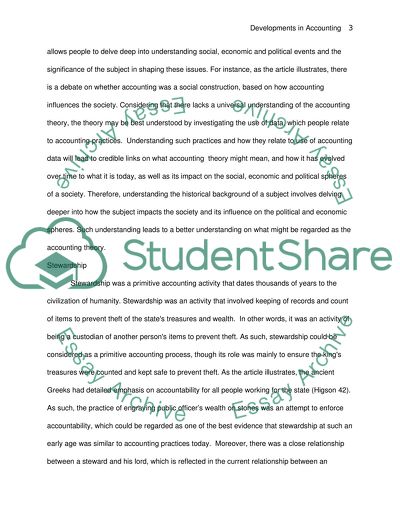Cite this document
(“Development in Accounting and Corporate reporting Essay”, n.d.)
Development in Accounting and Corporate reporting Essay. Retrieved from https://studentshare.org/finance-accounting/1635944-development-in-accounting-and-corporate-reporting
Development in Accounting and Corporate reporting Essay. Retrieved from https://studentshare.org/finance-accounting/1635944-development-in-accounting-and-corporate-reporting
(Development in Accounting and Corporate Reporting Essay)
Development in Accounting and Corporate Reporting Essay. https://studentshare.org/finance-accounting/1635944-development-in-accounting-and-corporate-reporting.
Development in Accounting and Corporate Reporting Essay. https://studentshare.org/finance-accounting/1635944-development-in-accounting-and-corporate-reporting.
“Development in Accounting and Corporate Reporting Essay”, n.d. https://studentshare.org/finance-accounting/1635944-development-in-accounting-and-corporate-reporting.


